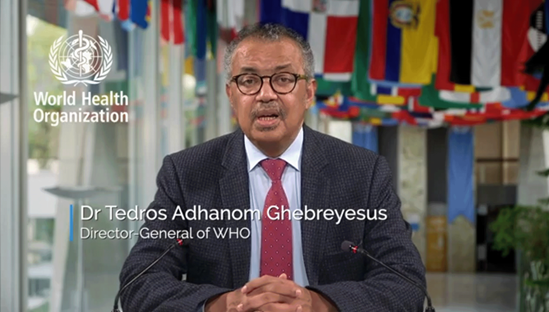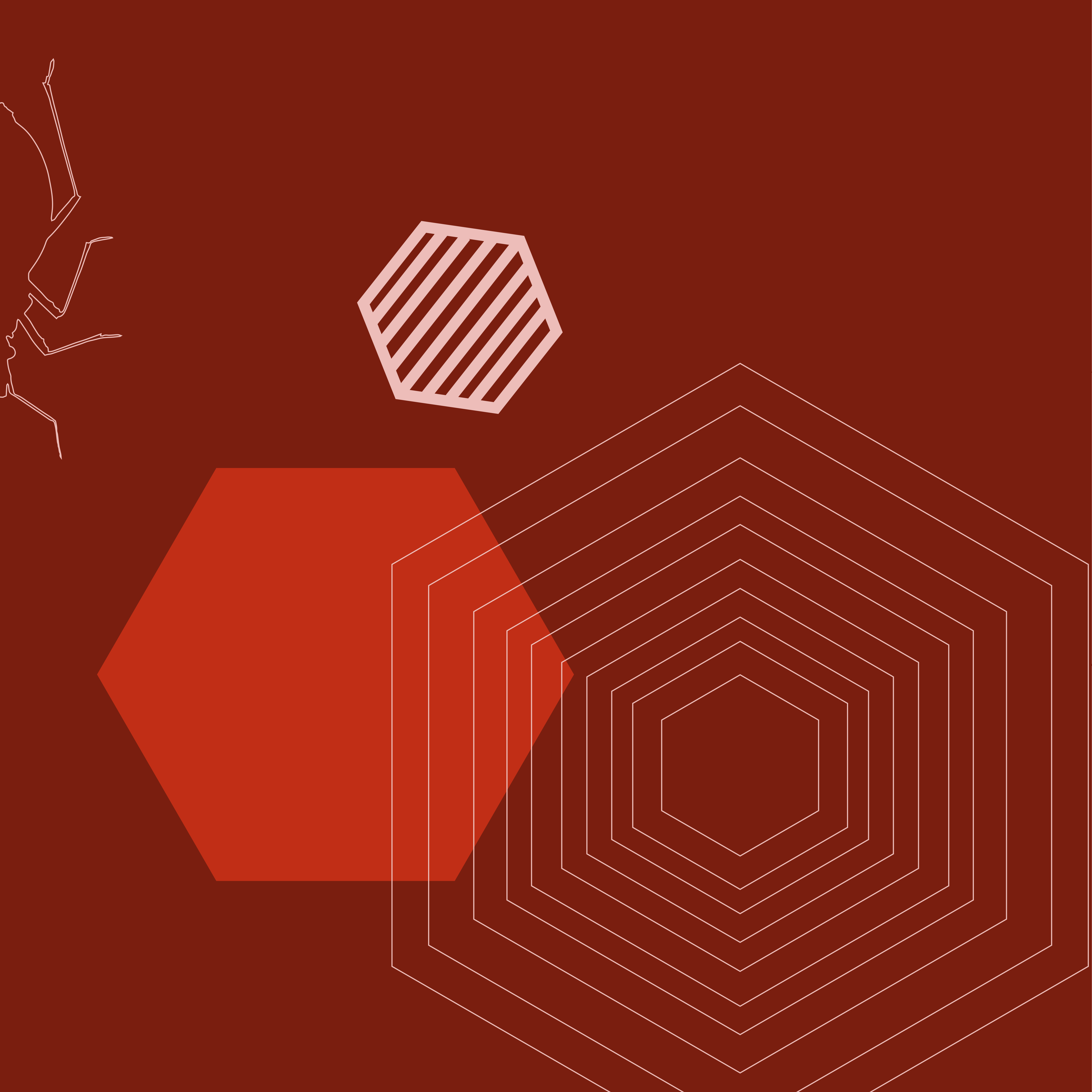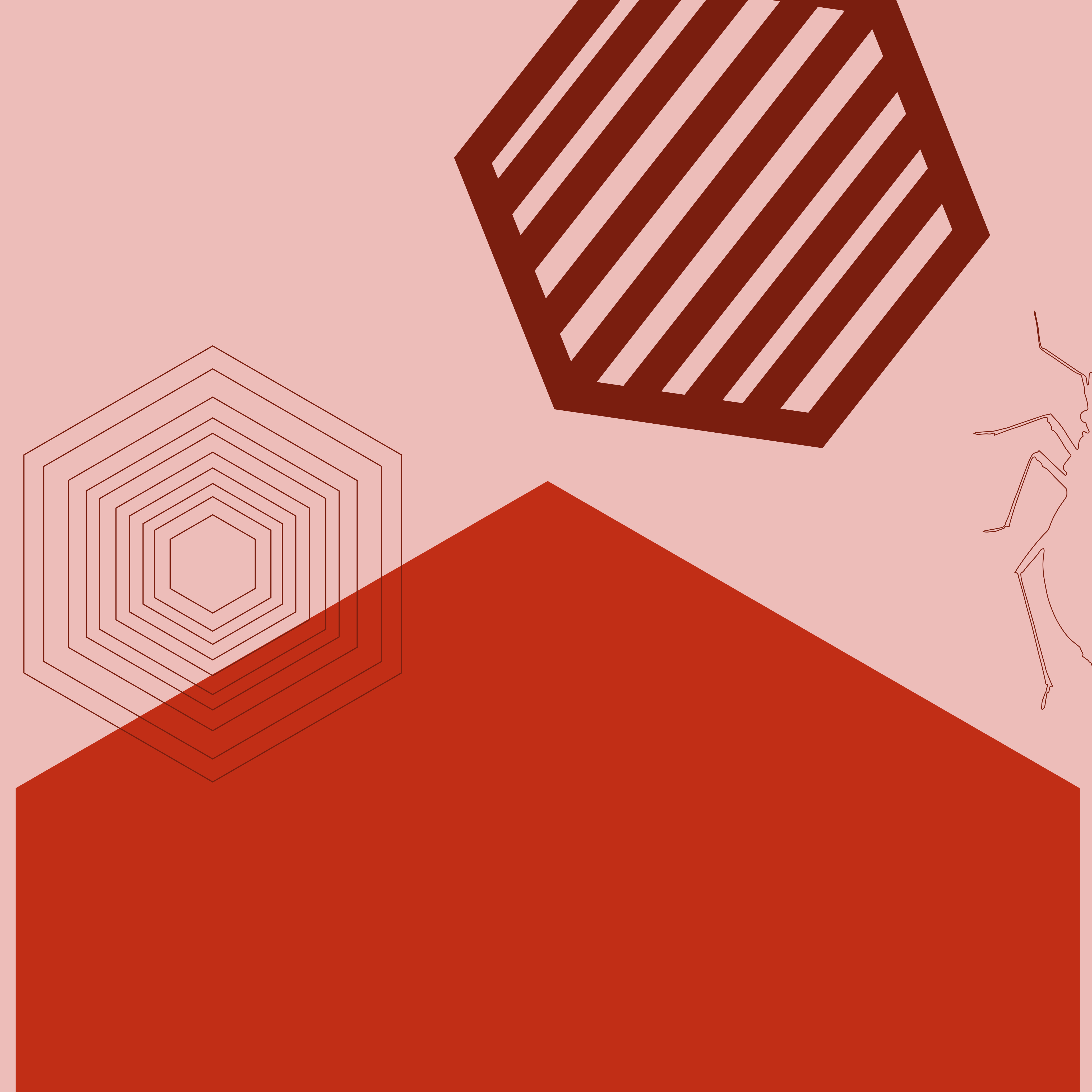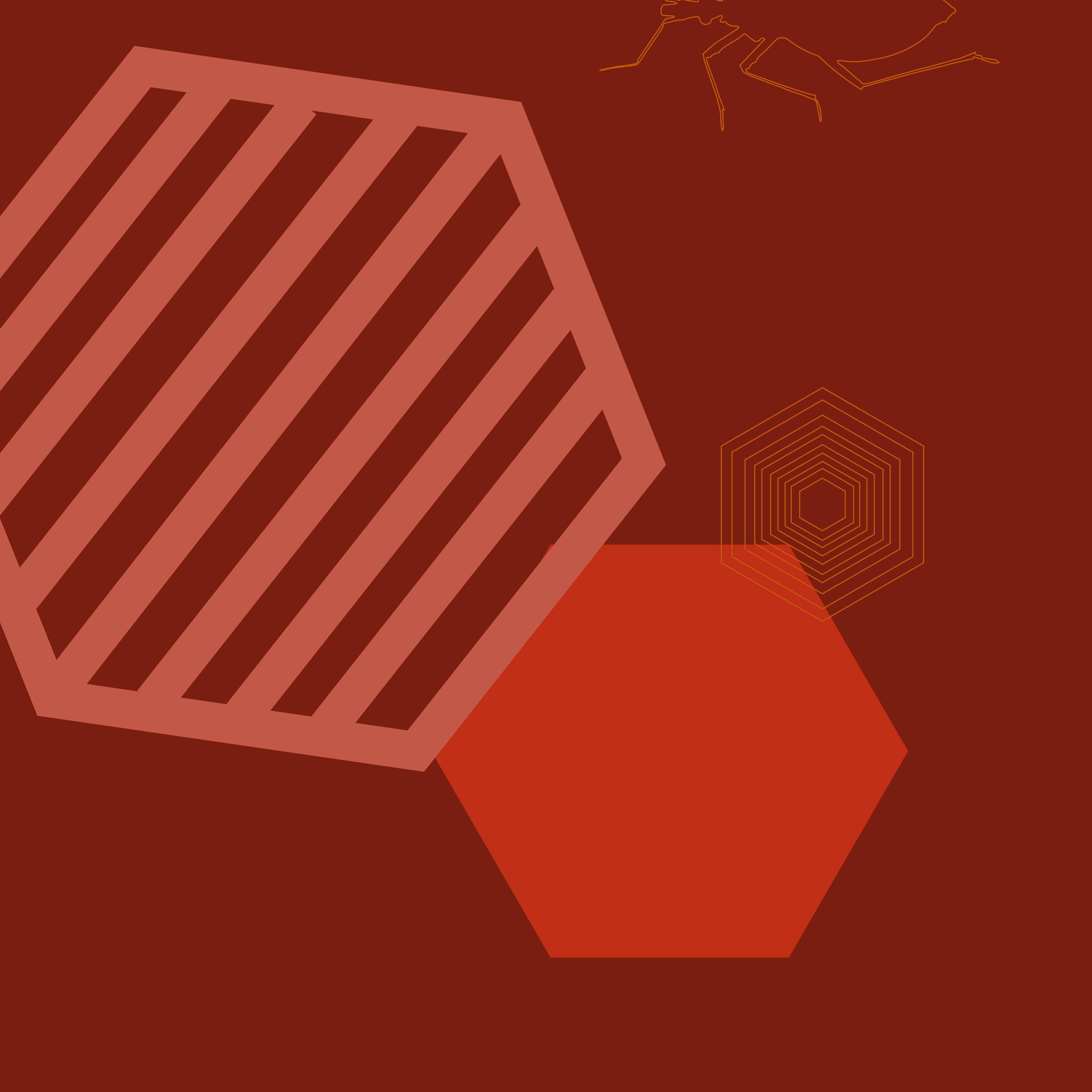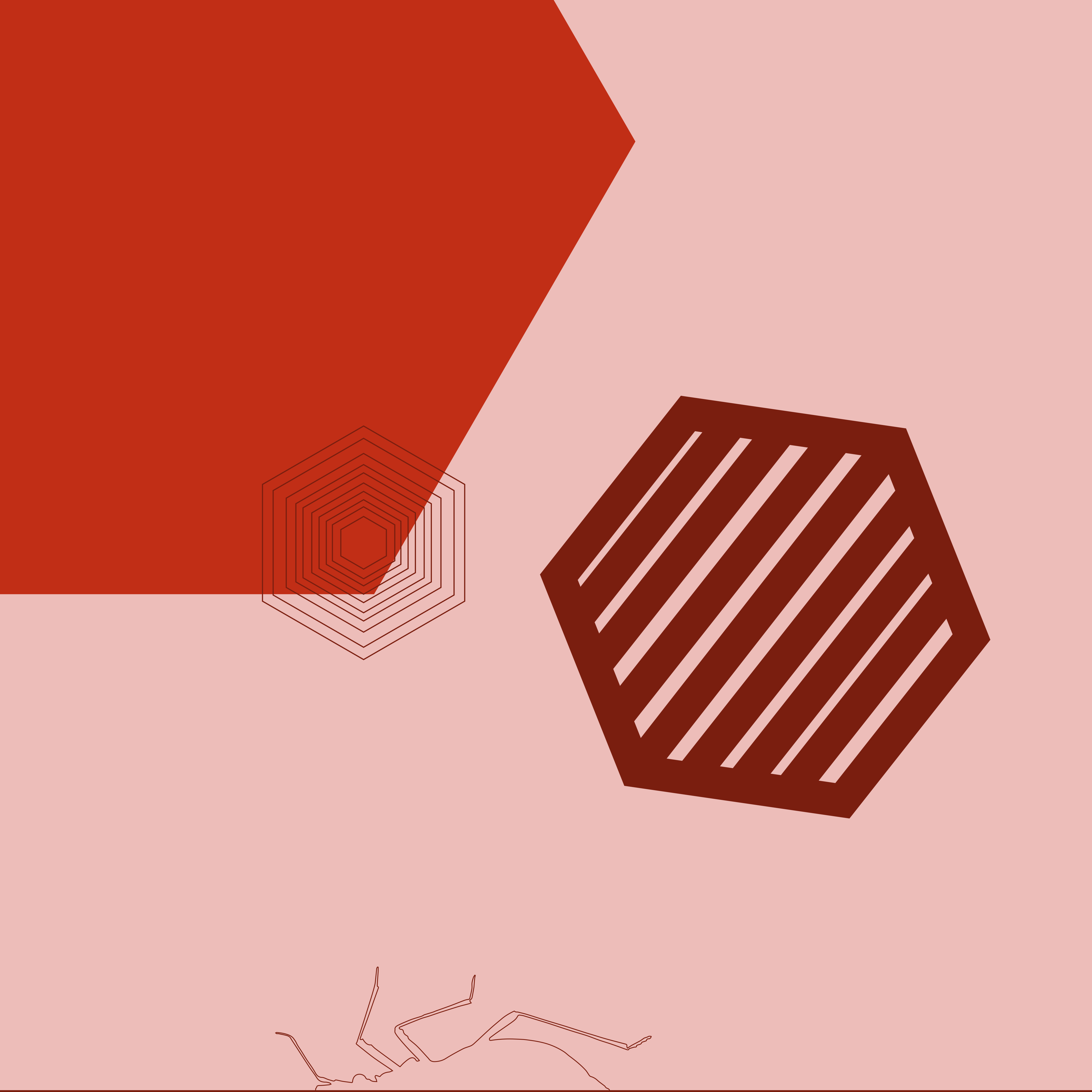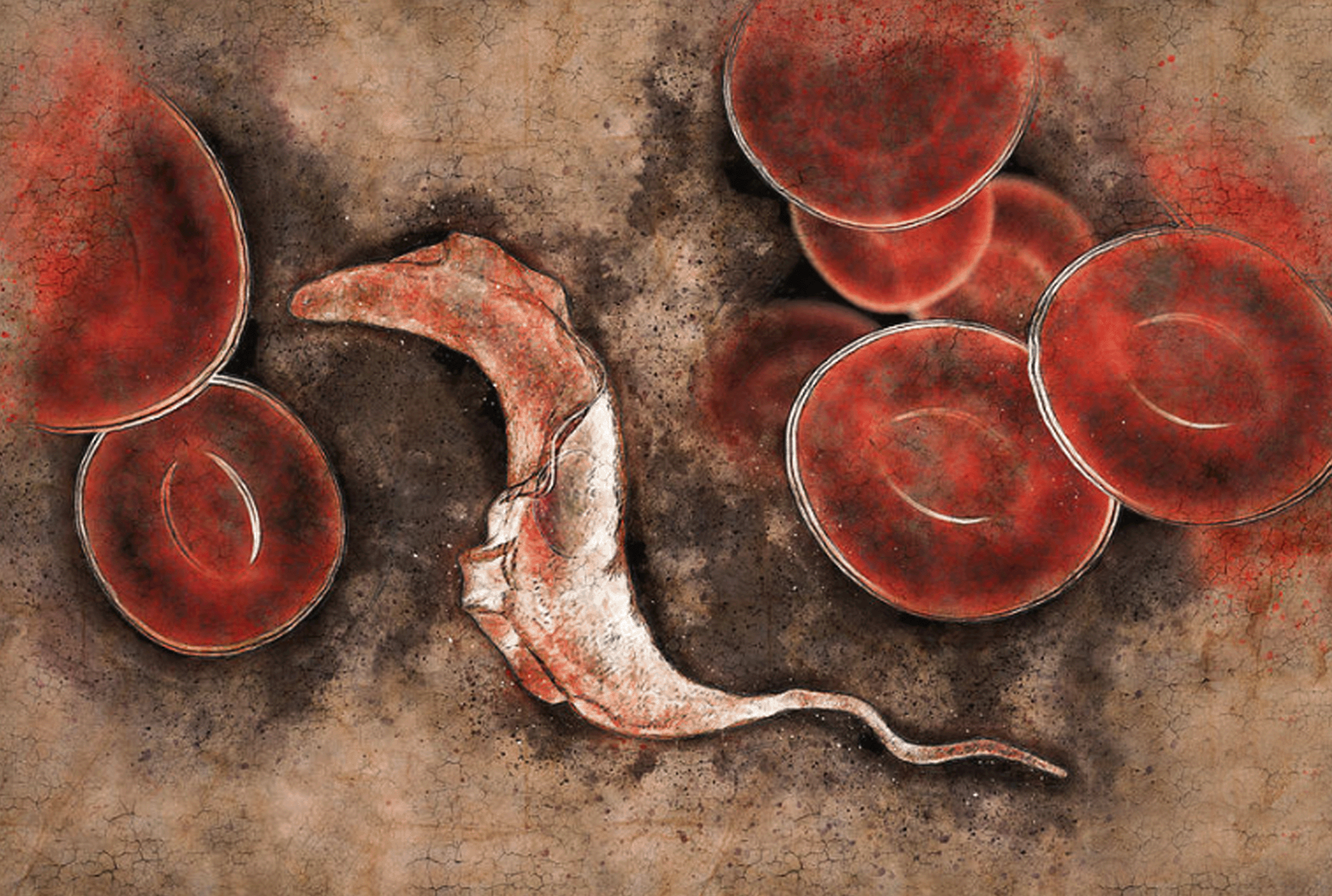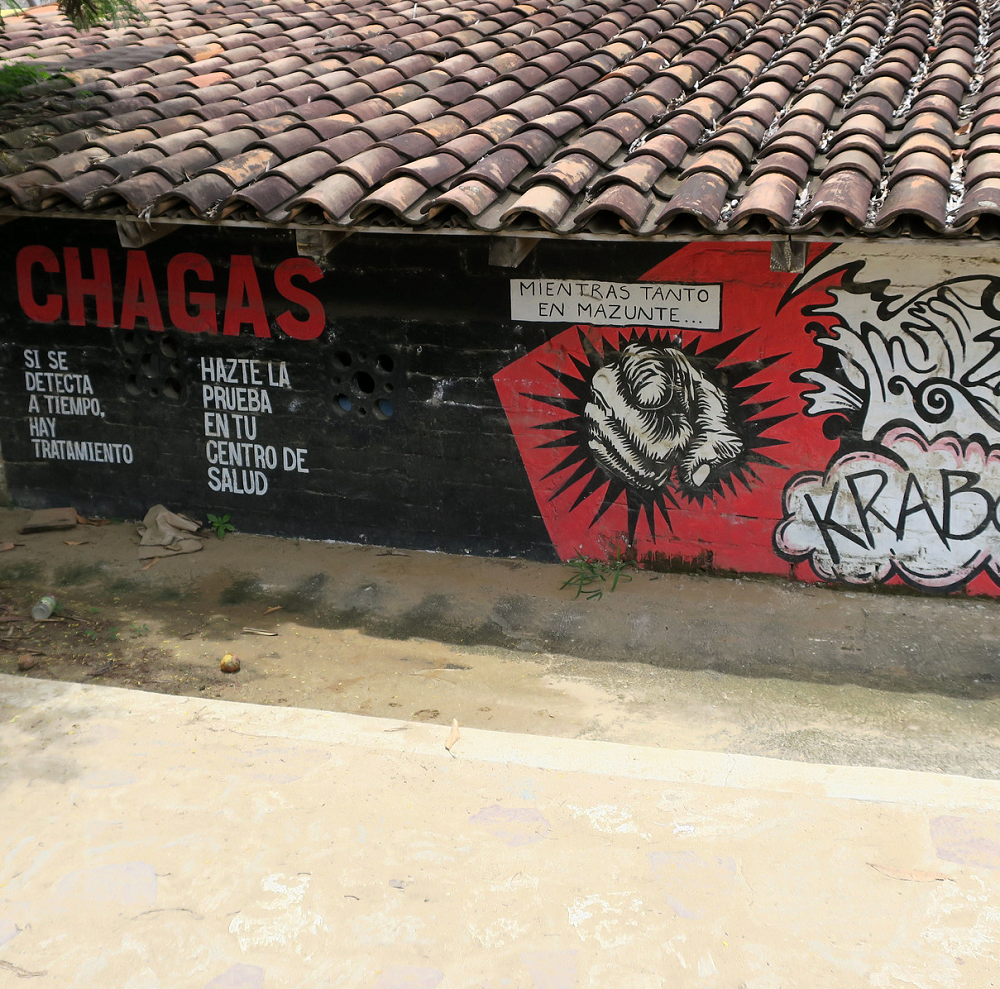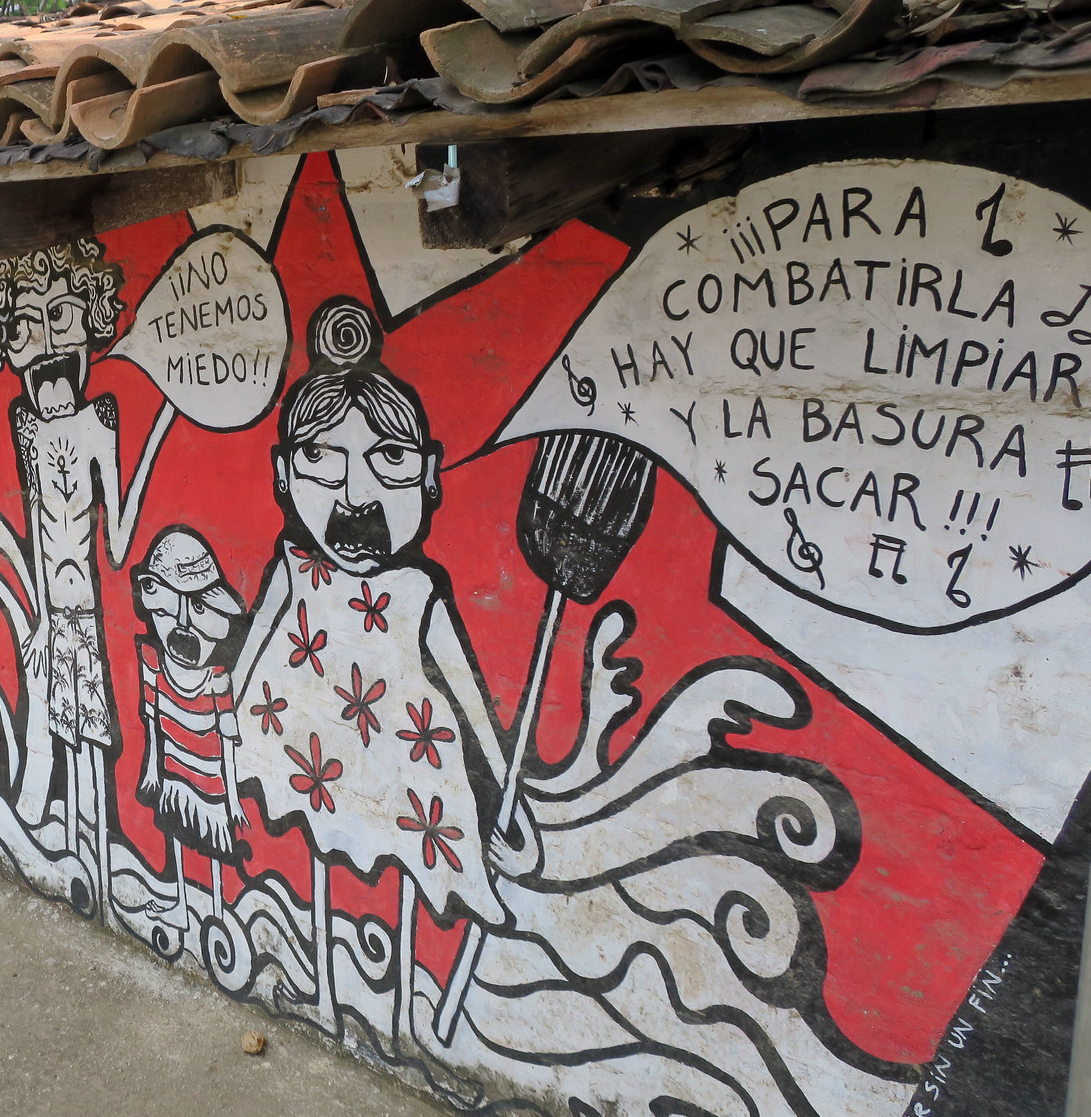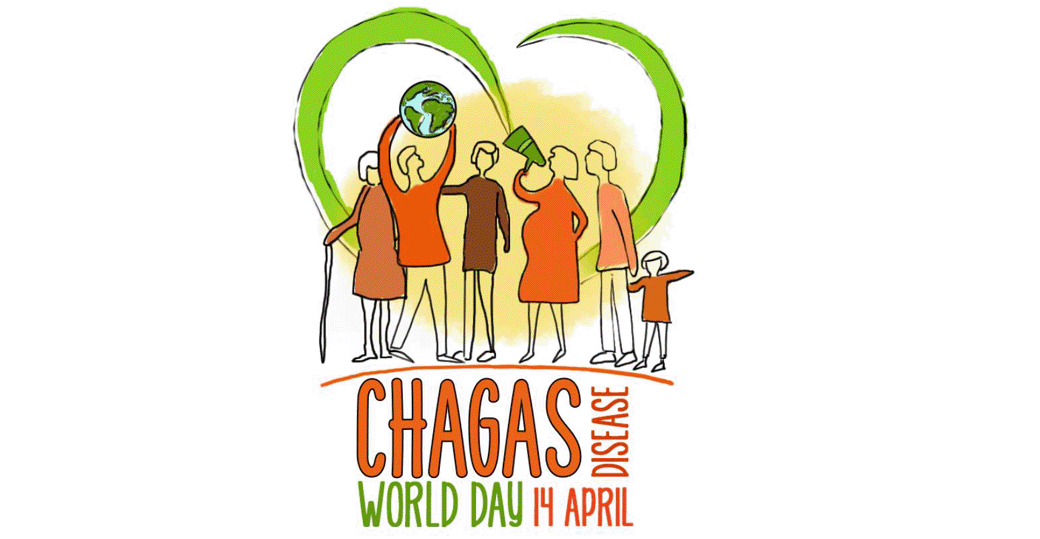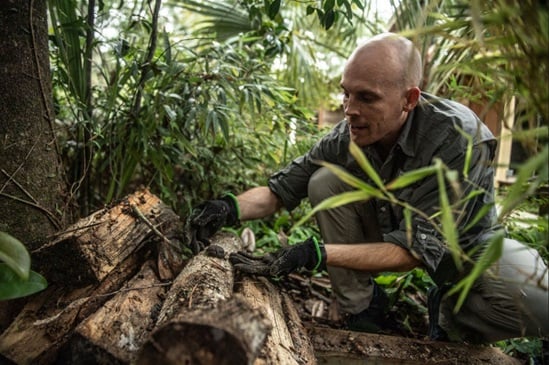Tackling Chagas disease:
Detect early and care for life
6–7 million infected, worldwide
Approximately 12,000 disease-related deaths, every year
30,000–40,000 new cases every year
In 2024 we are shining a spotlight on Chagas disease, the suffering it causes and are calling for equitable access to health care and services for everyone affected by the disease.
The theme for 2024 is Tackling Chagas disease: detect early and care for life, to increase public awareness of Chagas disease and secure greater funding and support for early diagnosis and life-long, comprehensive follow-up care initiatives.
Chagas disease is prevalent among poor populations of continental Latin America but is increasingly being detected in other countries and continents.
It is often termed as a “silent and silenced disease” as the infected majority have no symptoms or extremely mild symptom. There are approximately 6-7 million people infected with Chagas disease worldwide, with 12,000 deaths, every year.
Message from Dr Tedros Adhanom Ghebreyesus, Director General, WHO
![]()


